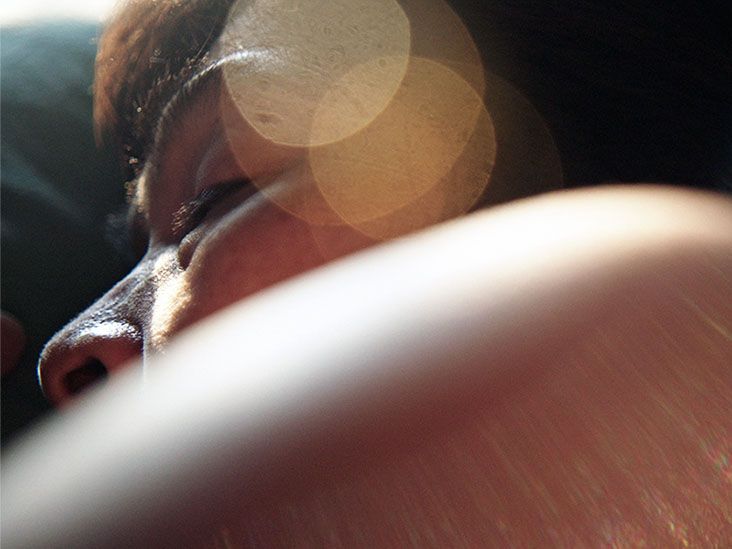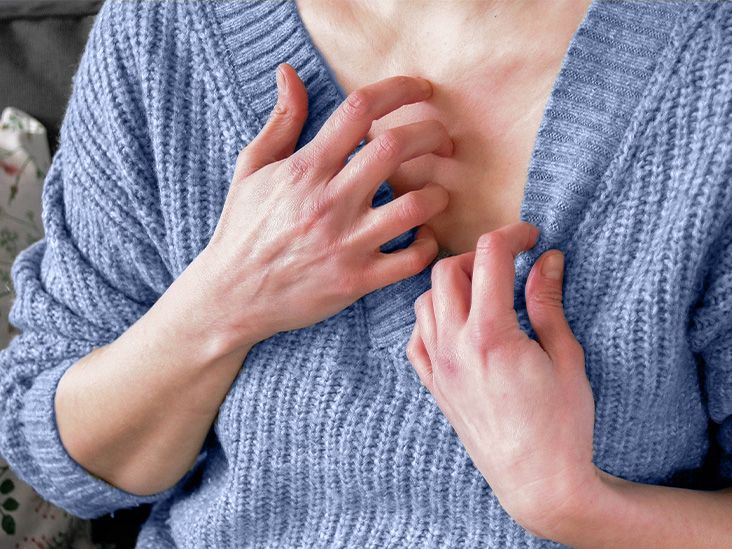Iron deficiency anemia reduces the amount of oxygen in the blood that allows the body to function normally. This can lead to tiredness and fatigue, which may impact erectile function.
This article looks at the potential link between anemia and erectile dysfunction (ED).
It also discusses the symptoms and treatments for both conditions.
Finally, we answer some common questions that people ask about anemia and ED.

Researchers have not found any evidence that anemia can directly cause ED.
However, anemia causes a lack of red blood cells, which
It is important for doctors to determine the cause of anemia. They will perform blood tests and a physical exam to do this.
If iron deficiency anemia is causing erectile problems, treatment with iron supplements should resolve the issue.
However, taking too much iron can actually harm male sexual health and increase the incidence of erectile dysfunction, according to a
Because of this, a person should speak with a doctor before taking any medications or supplements. Anemia or ED may result from other causes, and a doctor will be able to determine the best treatment.
Although anemia does not directly cause ED, it can have physical effects that may contribute to ED.
Low red blood cell count
People with anemia have
Red blood cells help to transport oxygen-rich blood to organs throughout the body, helping the body to function healthily. A lack of red blood cells may cause fatigue, which can contribute to occasional erectile problems.
Other changes affecting red blood cells may also link to ED. Red cell distribution width (RDW) measures the diameter of red blood cells and how this varies between cells. A high RDW value
A
Low sex drive
Anemia
A person may feel a lack of interest in sex or not become as aroused as easily as usual.
Tiredness and fatigue
A lack of red blood cells means that the body
This lack of oxygen can affect the entire body and may make people feel tired, weak, and fatigued.
Tiredness and fatigue may cause occasional problems with erectile function.
According to a
On average, males in the United States may consume more iron than is necessary. Common problems with excess iron consumption include sexual dysfunction, fertility challenges, and a lack of sex hormones.
Symptoms of low iron levels include:
- pale or sallow skin
- fatigue
- weakness
- shortness of breath
- chest pain with activity
- rapid heartbeat
- pounding or whooshing sound in the ears
- headache, particularly with activity
- brittle nails
- hair loss
- cold hands and feet
- feeling dizzy or lightheaded
Symptoms of ED
- being able to get an erection but not being able to maintain it long enough to have sex
- being able to get an erection sometimes but not always
- not being able to get an erection at all
To test iron levels, a doctor may perform a blood test. They will take a blood sample and send it to a lab, where technicians will determine the red blood cell count and iron levels.
A doctor will also take a medical history and perform a physical examination to assess symptoms, such as a rapid heartbeat.
Symptoms of anemia can impact a person’s sexual health and sex drive, so a person should seek treatment.
To treat anemia, a doctor may recommend the following:
- Dietary changes: Increasing iron intake through the diet may help treat anemia. Sources of iron include poultry, red meat, fish, legumes, and leafy cruciferous vegetables such as kale and broccoli.
- Iron supplements: To correct an iron deficiency, people may need to take iron supplements that are stronger than most over-the-counter (OTC) supplements. A doctor may prescribe daily supplements containing 150–200 milligrams (mg) of iron.
If iron deficiency anemia is causing erectile problems, treating iron deficiency may resolve them.
If erectile problems persist after treating anemia, a person’s ED may result from other causes. A medical professional will conduct a full health check to determine the underlying cause.
If addressing the underlying cause does not treat ED, a doctor may recommend oral medications. These medications help people to get and maintain an erection and include sildenafil, vardenafil, and tadalafil.
If people have any symptoms of anemia or ED, they will need to contact a doctor.
It is important to find out the underlying cause of ED, as it
It is also important to correct an iron deficiency. Without treatment, anemia
Optum Perks is owned by RVO Health. By clicking on this link, we may receive a commission. Learn more.
Although anemia does not cause ED, the symptoms of anemia, such as fatigue, can cause occasional problems with erectile function.
If this is the case, treating anemia should resolve these problems. In iron deficiency anemia, iron supplements may restore healthy iron levels within
However, taking iron supplements unnecessarily
If erectile problems continue after treating anemia, people will need to find the underlying cause. They may require other treatments for ED.
This section answers some common questions about anemia and ED.
Does iron help erectile dysfunction?
If a person has iron deficiency anemia that is impacting erectile function, taking prescribed iron supplements may help recover erectile function.
However, there is no evidence to suggest that iron helps erectile dysfunction in those without iron deficiency anemia.
In fact, having too much iron may negatively impact male sexual function.
If there is a hormonal problem, vascular condition, mental health issue, or nerve damage, people
What is the main cause of erectile dysfunction?
ED can occur due to many health conditions, including conditions of the heart, blood vessels, hormone systems, or nervous system.
The
Other health conditions that can cause ED include:
- heart disease
- blood vessel disease
- atherosclerosis
- high blood pressure
- chronic kidney disease
Other causes include:
- injury or surgery to the pelvic area
- certain medications, such as blood pressure medications and antidepressants
- mental health issues, such as anxiety, depression, or stress
Which foods affect erectile function?
The type of diet people follow may play a role in ED. Foods that
- fruits and vegetables
- whole grain foods
- low-fat dairy
- lean meat
Foods to avoid include those high in saturated fats, trans fats, and salt, as well as drinking excess alcohol.
Eating a healthy diet and maintaining a moderate weight may help to prevent or manage high blood pressure and diabetes, which are both risk factors for ED.
Anemia can cause tiredness and fatigue, which may impact erectile function.
Iron supplements and eating a diet rich in iron may help to treat an iron deficiency if it is present.
If ED continues after a person makes lifestyle and dietary changes, doctors may recommend more tests to determine the underlying cause and devise a treatment plan.

